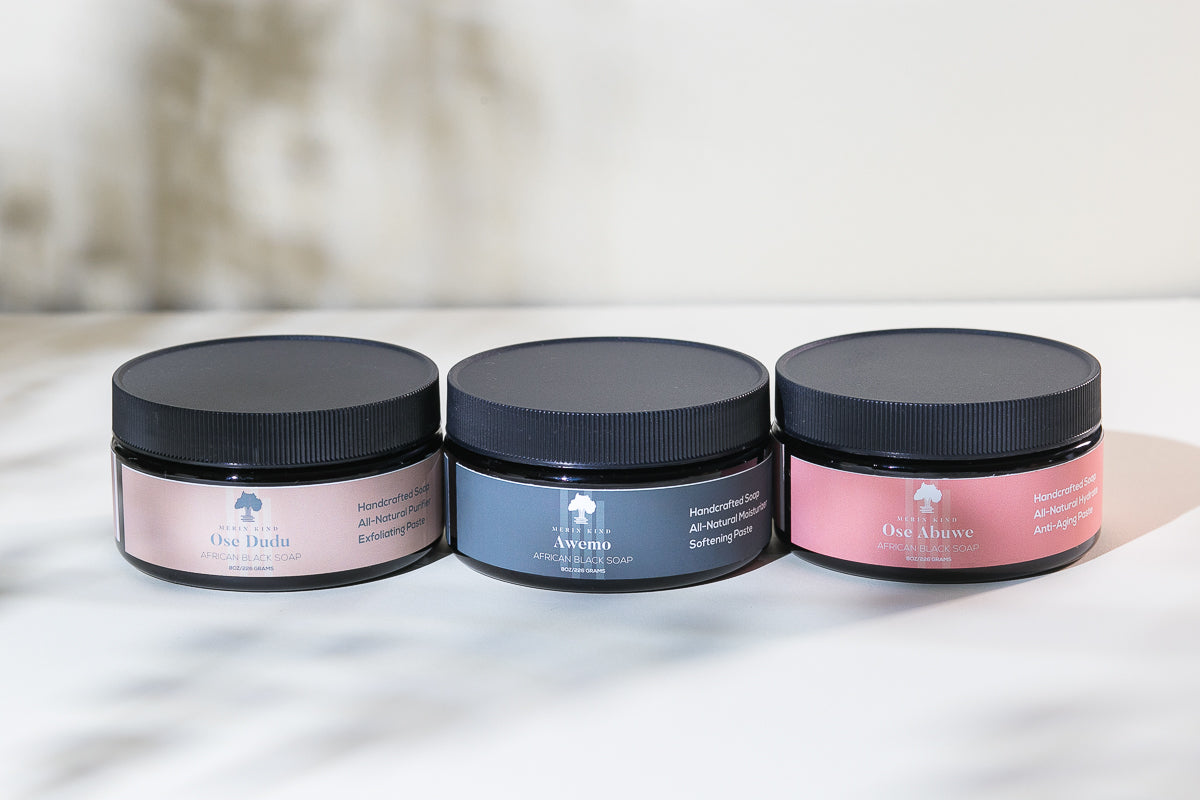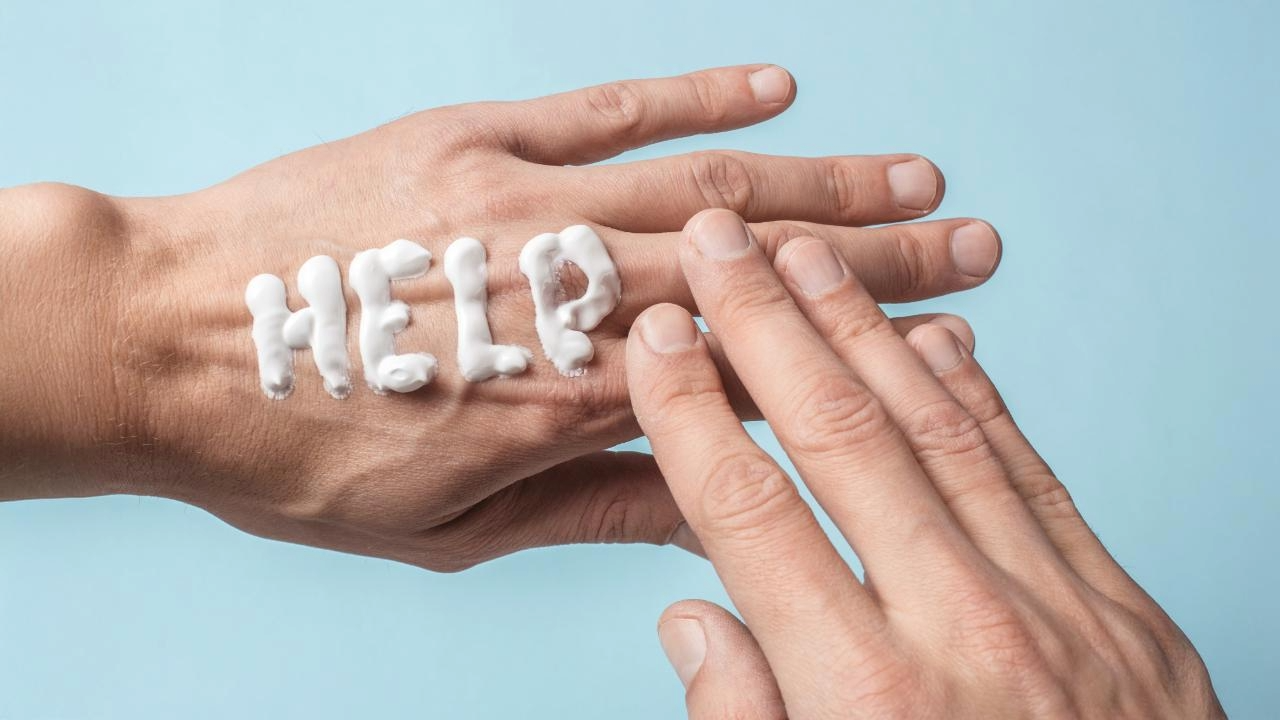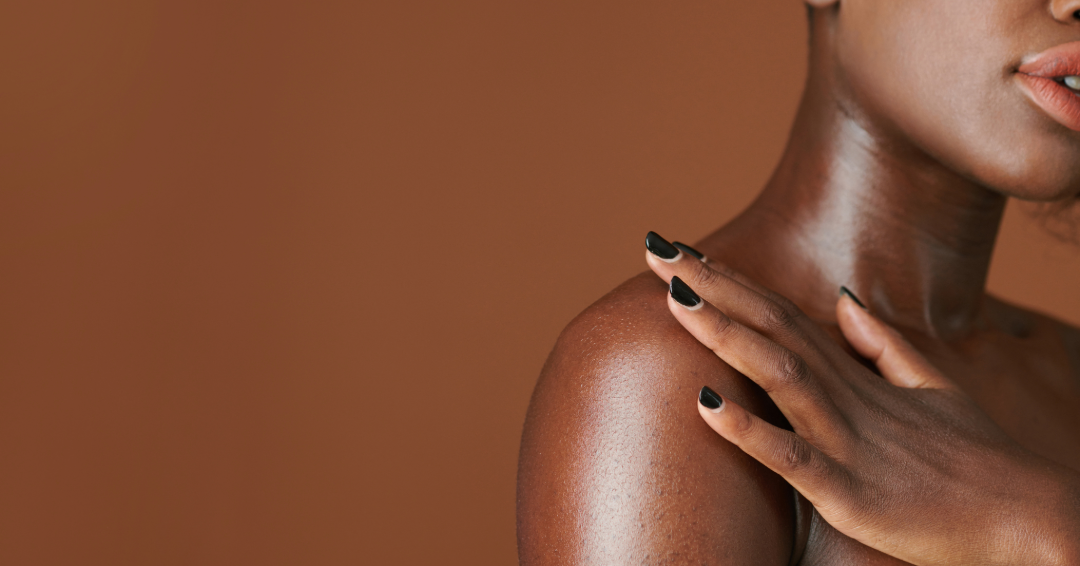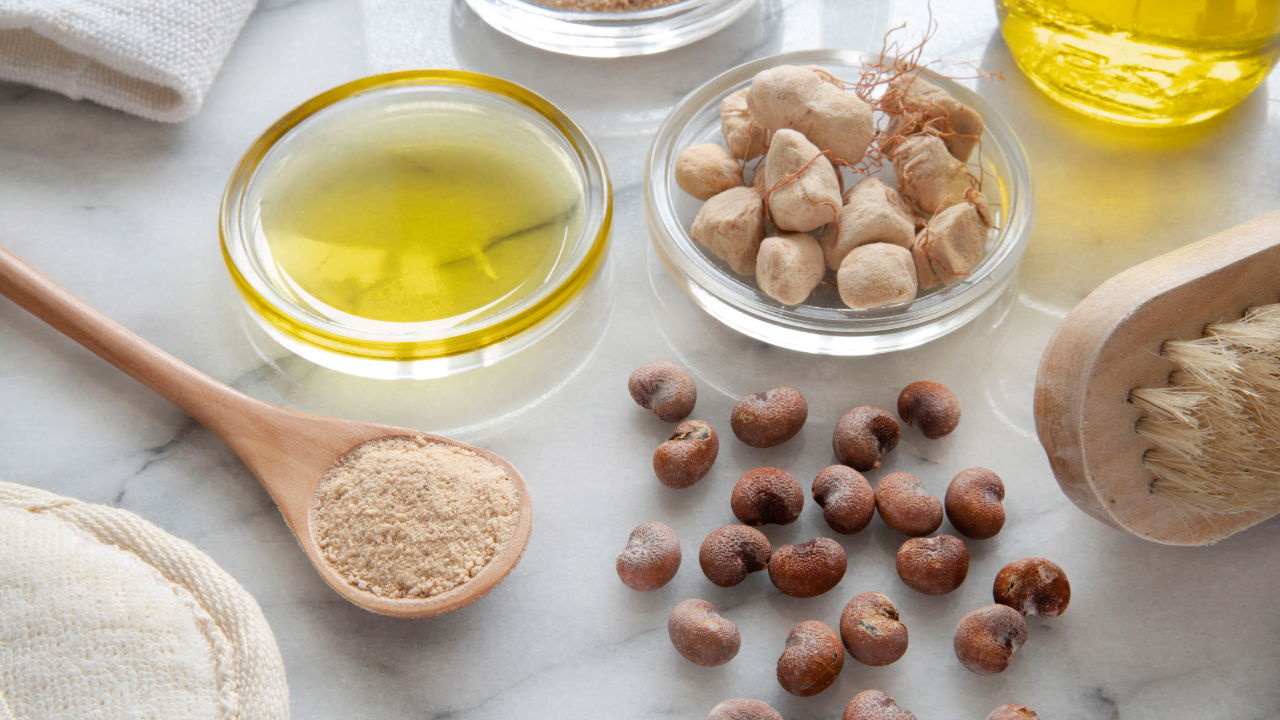Introduction
In the vibrant heart of Western Africa, a tradition that has nurtured beauty for generations thrives—the crafting of African black soap, known locally as 'ose dudu and alata samina' in certain parts of West Africa. Celebrated for its potent skin-healing properties and its pivotal role in supporting community livelihoods, this remarkable product faces a new challenge. As its popularity soars across global markets, a wave of counterfeit products laden with harsh chemicals and artificial fragrances is misleading consumers and endangering the cultural heritage and economic stability of its original makers. This blog seeks to illuminate the true essence of African black soap, helping you discern the genuine from the counterfeit, and underscoring why your purchasing decisions profoundly impact both personal and community well-being. Real African Black Soap supports many people in many ways.
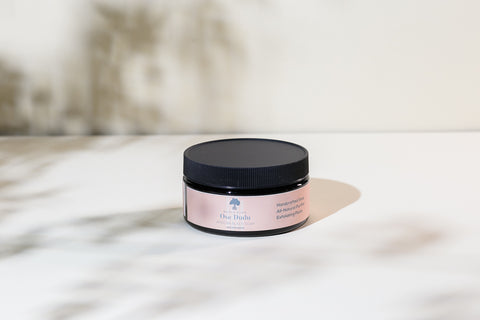
Understanding African Black Soap
Authentic African black soap, or traditional African black soap, is a melange of naturally sourced ingredients known for their therapeutic properties. Its traditional recipe includes ash from cocoa pods, known as cocoa pod ash, and palm kernel oil, oil extracted from palm kernels, along with extracts from plantain skins and palm tree leaves, contributing to the natural soap's distinctive rich brown color and uniquely soft, slightly crumbly texture. Unlike the misleading, uniformly jet-black bars found in commercial outlets, real black soap molds easily with the warmth of your hands, a testament to its all-natural, gentle composition. Mothers in West African use the soap for cradle cap in babies, dry itchy scalp and skin.
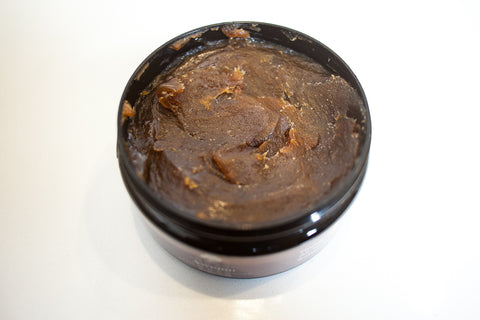
Real vs. Fake African Black Soap
Genuine African black soap offers myriad benefits that its counterfeit counterparts simply cannot match. Known as real black or raw African black and at times authentic black soap, it boasts natural moisturizing thanks to ingredients like shea tree bark shea butter (butyrospermum parkii), and coconut oil. It’s suitable for all skin types, especially oily skin, and effectively manages conditions from eczema and acne to dandruff. In stark contrast, fake black soap, often characterized by a uniform black color, complex and smooth texture, and labeled misleadingly as fake soap, typically contains synthetic fragrances and harsh chemicals that can exacerbate skin issues rather than heal them. Modern soap is excellent but there is just something about using plant material for the natural lye process that gives pure African black soap the edge.

Benefits of Authentic African Black Soap
The true allure of authentic African black soap often referred to as the real deal or true African black soap, lies in its versatility and efficacy. It acts as a cleanser, exfoliator, and moisturizer all in one, promoting healthier skin and removing dark spots without additional skincare products. More than just skin deep, its benefits extend to environmental consciousness; its natural ingredients are biodegradable and do not introduce pollutants into water systems, making it a sustainable choice for eco-aware consumers. A little bit of black soap goes and long way. The soap base and key ingredient produce lots of lathers in this soap.

The Impact on Local Communities
The production of authentic African black soap is more than just a craft—it's a lifeline for many families in Western Africa, particularly for women who lead these artisanal efforts. The practice bolsters local economies and sustains communities. The proliferation of counterfeit black soap, often labeled as African or traditional black soap without regard to authenticity, poses a significant threat to these artisans by undercutting their market with cheaper, inferior products, thus jeopardizing their livelihoods and the survival of traditional practices.

Choosing the Right Product
Selecting authentic African black soap involves vigilance. Look for products that explicitly list natural ingredients like essential oils and are fair trade certified, offering transparency in their sourcing. Avoid products that boast a perfect black appearance or contain elements not in line with traditional soap-making methods, such as those labeled as soap bars with artificial fragrance. By choosing genuine products, you embrace the soap's healing properties and support the sustainability of artisanal traditions.
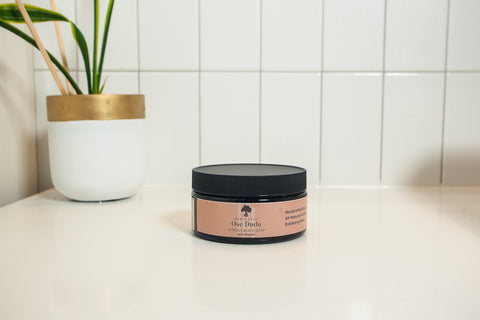
Merin Kind’s Commitment
At Merin Kind, our dedication to promoting genuine African black soap is unwavering. Sourced directly from artisans in Western Africa, our soaps are crafted from natural products and formed into small pieces, ensuring each purchase directly supports the artisans and their families. We engage in ethical business practices prioritizing sustainability for our environment and the communities we partner with.
Conclusion
In an era where counterfeit products flood the market, the importance of choosing authentic African black soap cannot be overstated. Opting for the real thing enhances your skincare routine, upholds ethical practices, and helps preserve invaluable cultural heritage. We invite you to explore Merin Kind’s range of authentic African black soaps today and experience the profound benefits of nature's proper skin solution.
By educating yourself about the differences between real and fake African black soap and choosing responsibly, you make a decisive decision that benefits your skin, the environment, and the lives of those who make these remarkable products.
